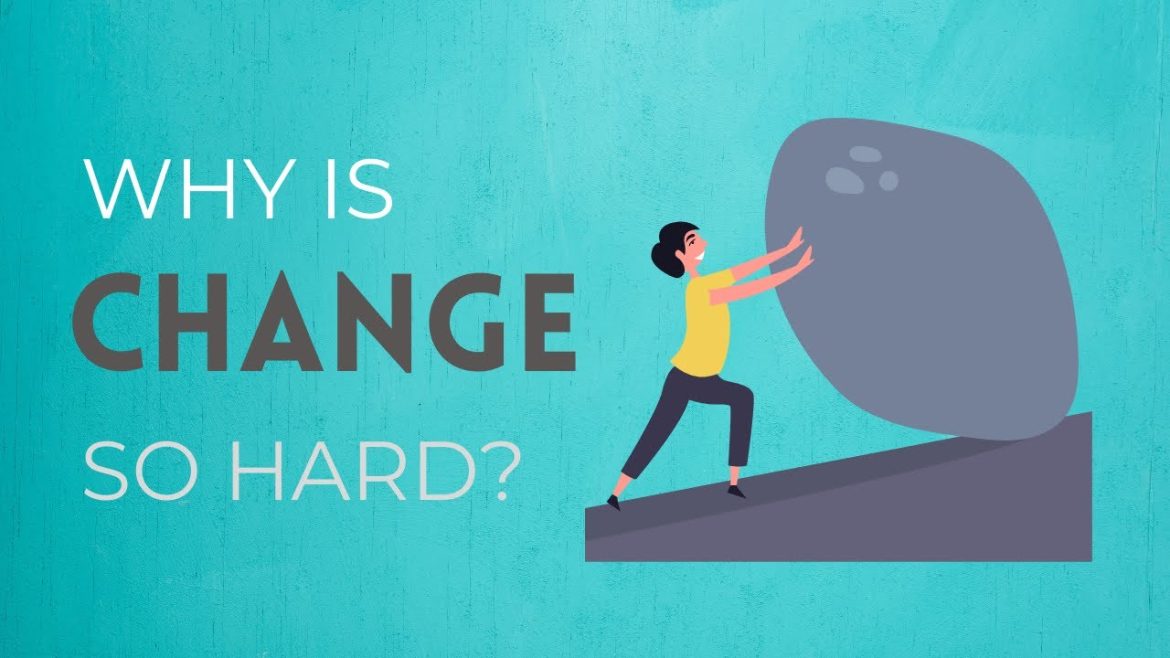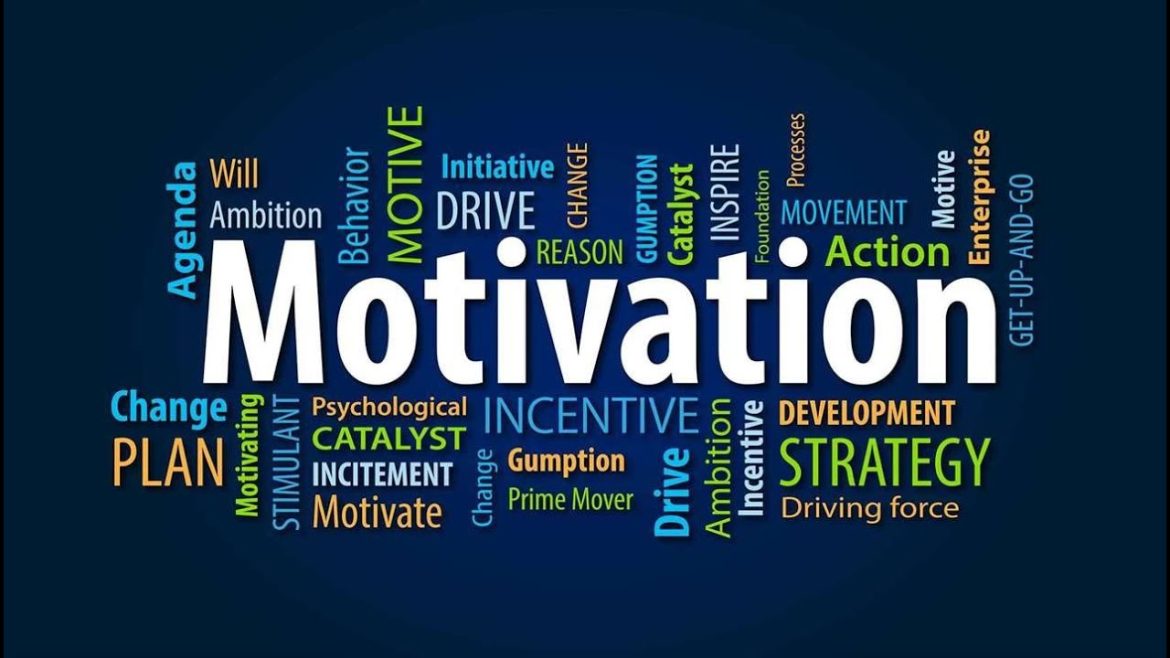Change is a constant in life, yet personal change—whether adopting a new habit, breaking a bad one, or shifting one’s mindset—is often extraordinarily difficult. The Stages of Change model identifies six phases: precontemplation, contemplation, preparation, action, maintenance, and sometimes relapse. People often cycle through these stages multiple times before achieving lasting transformation.
Resistance to change can stem from cognitive dissonance—the mental discomfort caused by holding conflicting beliefs or behaviors. It also arises from the brain’s preference for predictable patterns. Habit loops, consisting of a cue, routine, and reward, keep behaviors locked in place. Altering them requires disrupting the old cue-response link and establishing a new one.





